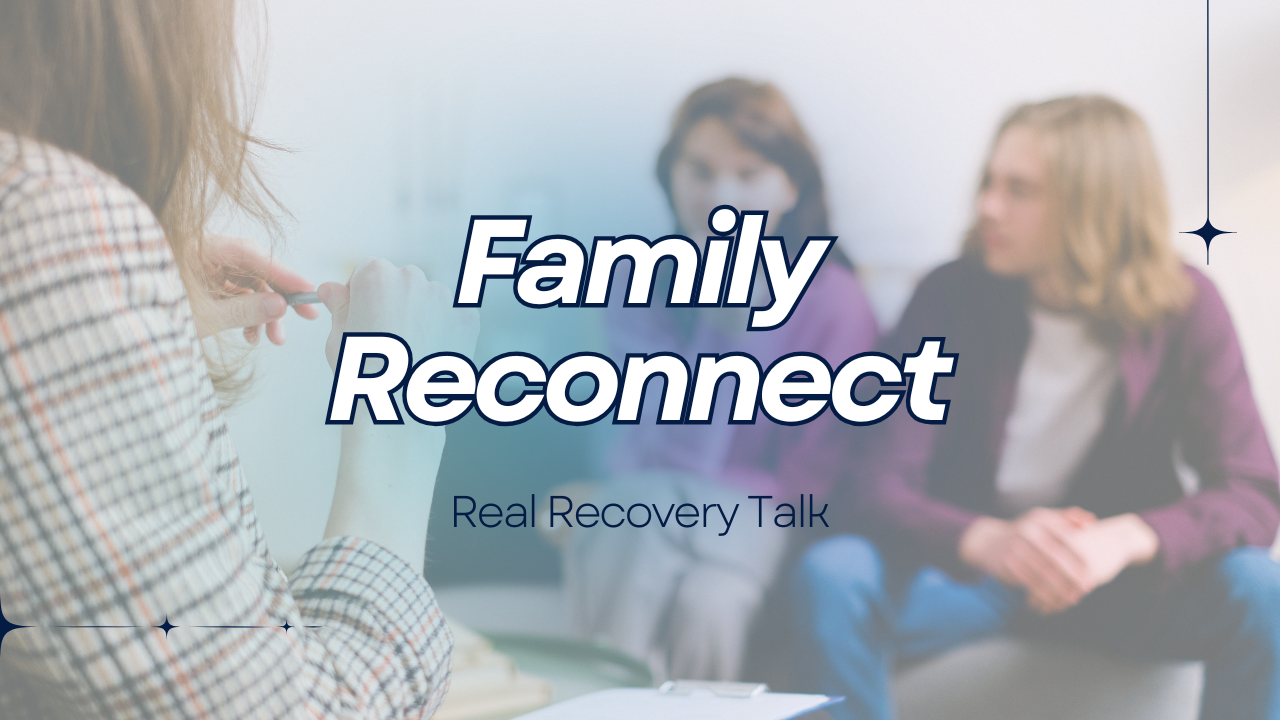65 - Is therapy for me? An inside look at the therapeutic process
Therapy is a powerful tool for anyone, and today we’ll focus on the role of therapy for someone who is struggling with addiction. My guest, Josiah, is a licensed therapist who has been in the addiction industry for around five years. He has a past history of addiction, so he deeply understands this topic from various angles.
Early in our conversation, we’ll take a deep dive into why asking whether a therapist has struggled with addiction is the wrong question. This is a common question for addicts to ask, but we compare it to asking an oncologist whether she has ever had cancer before letting her treat yours. We’ll also explore the importance of vulnerability, what to expect when you start going to a therapist for the first time, and much more.
Show Notes
- [01:23] Tom introduces today’s guest, Josiah, a licensed therapist.
- [01:59] Josiah tells listeners a bit about himself and explains how he got into therapy and the addiction industry.
- [03:15] What does Josiah say to the opinion that a therapist should have personal experience with addiction?
- [05:23] Josiah shares something else that he tells people who are concerned about their therapist having had an addiction problem.
- [07:18] We hear Josiah’s thoughts on the root behind the question of whether a therapist has a history of addiction.
- [11:18] Why would someone want to see a therapist?
- [14:37] Tom elaborates on the role of vulnerability in what Josiah has been talking about.
- [16:39] Outside of drug addiction and alcoholism, who should really see a therapist?
- [19:45] We learn about the #1 thing that Josiah tries to do in his therapy practice.
- [21:40] Tom points out that you need to get through the uncomfortable to have growth.
- [23:25] “What you put into therapy is what you’re going to get out of it,” Josiah explains.
- [25:20] What should someone expect if they’re walking into a therapist’s office for the first time?
- [28:20] The length of therapy is determined between the therapist and the client, Josiah points out.
- [29:35] Tom talks about people’s expectations of the length of therapy, and how it relates to holding onto control.
- [31:08] Josiah talks more about the potential expectations when you start therapy, and why they’re problematic.
- [33:55] How do you know when you’re done with therapy?
- [37:01] Josiah shares his final thoughts for listeners, pointing out that therapy isn’t about whether there’s something wrong with you.
Links and Resources:


